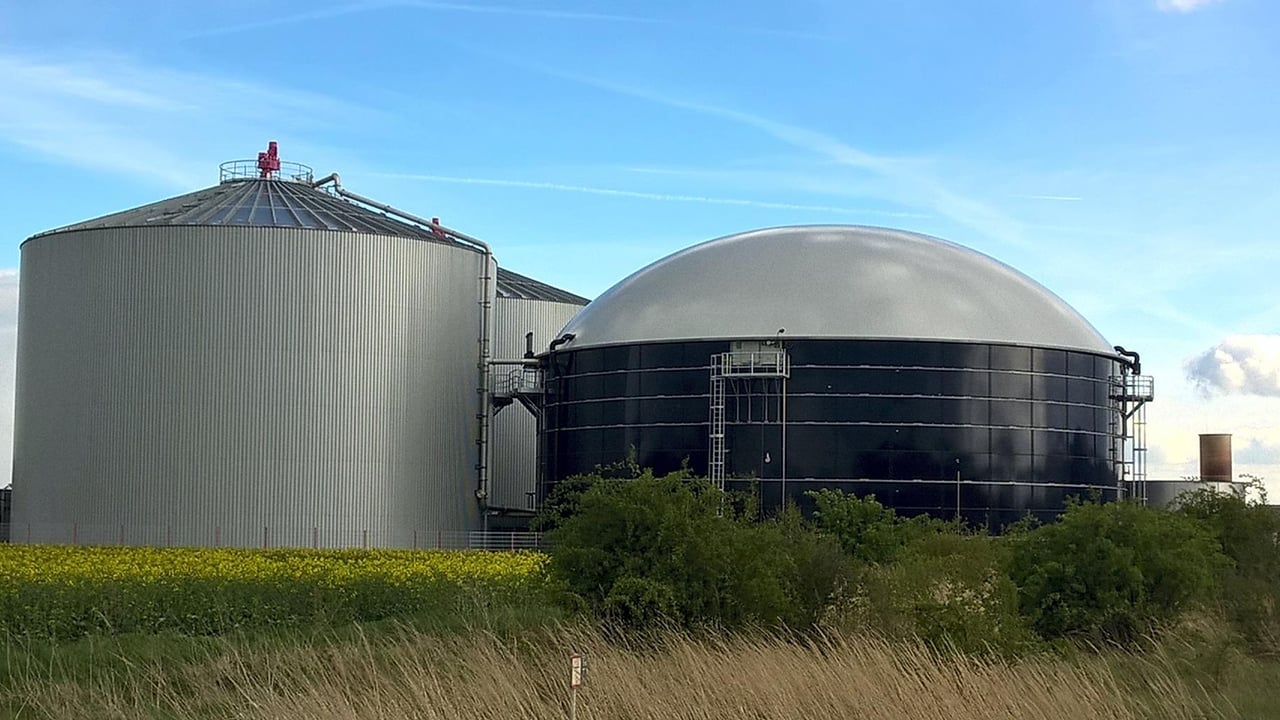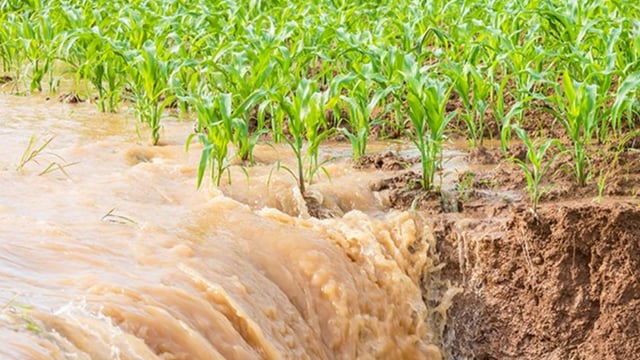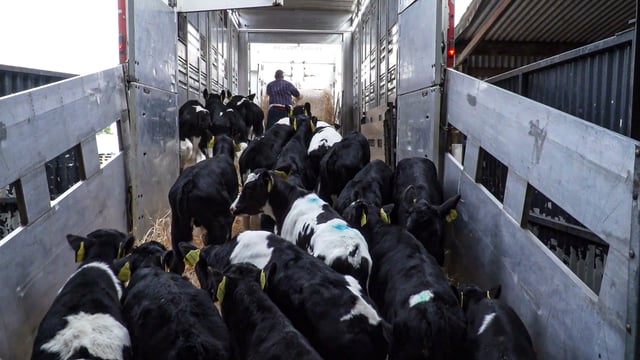Biomethane company to build 4 new agri-plants in Ireland
Cycle0 Group, the end-to-end biomethane platform that builds, owns and operates plants across Europe has today (Wednesday, October 9) announced its intention to make a significant investment in new innovative biomethane plants in Ireland.
The group, which has a portfolio of hundreds of biogas/biomethane installations in more than 40 countries globally, stated its intention to initially build four new agri-based plants across Ireland.
This requires an investment of more than €100 million to bring sustainable, renewable energy to the country which it said will support decarbonisation, provide a solution to the challenge of waste management and bring new green jobs to rural communities.
The investment means that Cycle0 group will equity-finance, build and operate new plants, at four sites initially identified in Kildare, Cavan, Galway and Limerick.
These plants are expected to generate around 40GWh each of biomethane in total per year, enough to heat over 3,000 homes for a year in Ireland.
The new biomethane plants will help support the Irish Governments’ ambition to produce 5.7TWh of indigenously produced biomethane by 2030, and the EU’s target to produce 35BCM in Europe by 2025.
The building and operation of the plants will be managed and overseen by a team led by James Manley, the company’s country manager for Ireland, who lives and works in Co. Cork.
There is no up-front cost to participate and, as Cycle0 both owns and operates the plant, it said that there is no financial risk for farmers working with the company.
The plants will include the company’s ammoniacal nitrate stripping solutions, which, after upgrading the gas to create biomethane, means that the by-product (digestate) can be converted to an organic fertiliser by contracting farmers.
Nitrogen stripping is an optional component of the biomethane production process that removes nitrogen from the digestate, so farmers can potentially apply it to crops to ensure maximum uptake and productivity.
This technology has already been deployed in Spain by Cycle0.
The company has said that the development of these projects will generate long-term additional revenue for farmers and their communities and will deliver decarbonisation solutions for them and for Ireland:
- Contracting to provide stock for the plants provides farmers with a solution to the long-term management of slurry, manure and agri-waste meaning peace of mind for farmers concerned by the nitrate derogation limiting their ability to manage manure within existing land resources;
- The selling of waste for processing at the plants will generate long-term additional revenue with 15-year contracts available as standard;
- Farmers may sign agreements with Cycle0 to sell or lease land for plant construction and to sell their waste for processing into biomethane, with the right to purchase fertiliser produced as a byproduct of the anaerobic digestion (AD) process known as digestate, at low cost;
- The building of each plant will generate new green jobs during both the construction and operational stages of the plants, helping to support rural communities with well-paid and sustainable employment.
Speaking about the investment, Ireland country manager James Manley said “Using agri-waste to produce biomethane ticks so many boxes – it helps farmers solve their waste management problems, delivers low-cost nutrient-rich fertilisers to support Irish agriculture and brings new green jobs to rural communities.
"As an Irishman, born and bred in Cork in a farming family, I am proud to bring this renewable energy solution to my home turf."
Laurence Molke, CEO of Cycle0 added: “This is a great day for Ireland – both for farms and for Ireland’s overall net zero ambitions.
"Ireland represents an important, long-term investment destination for Cycle0 and so we are excited to announce this fully funded programme, which enables us to start talking to the local communities and farmers who’ll be working with us to make this investment ambition a reality.
"We’ll be organising a series of local, face to face meetings and working with leading Irish farming and local media to share more information about our plans and how farmers will benefit from working with us."





